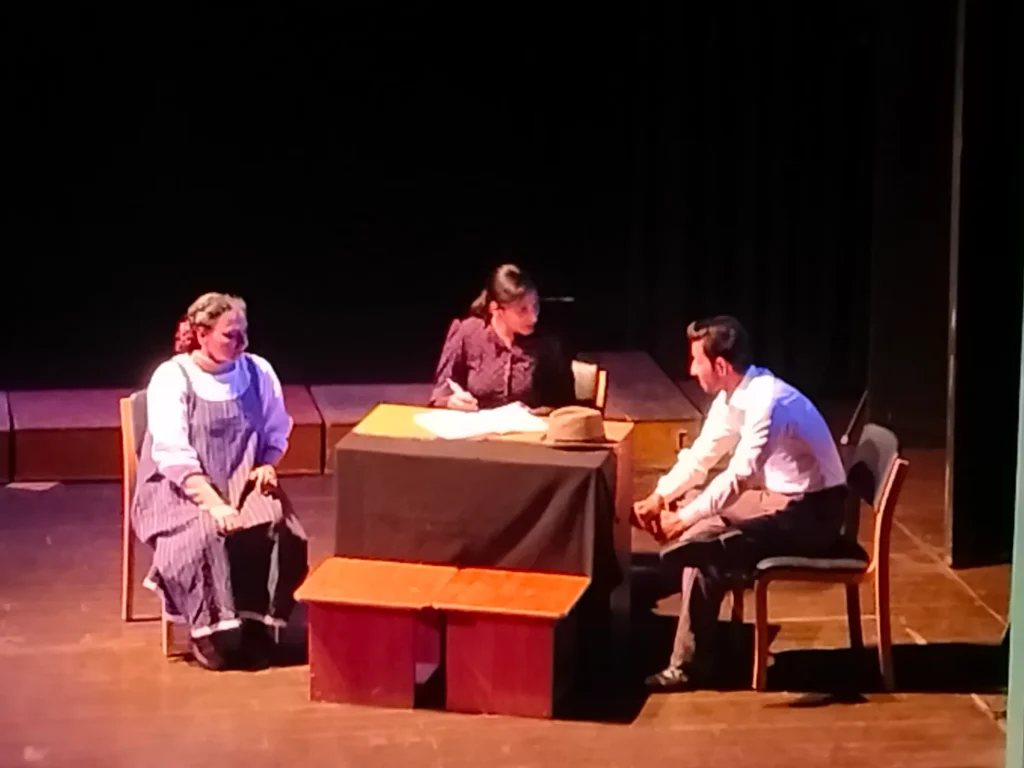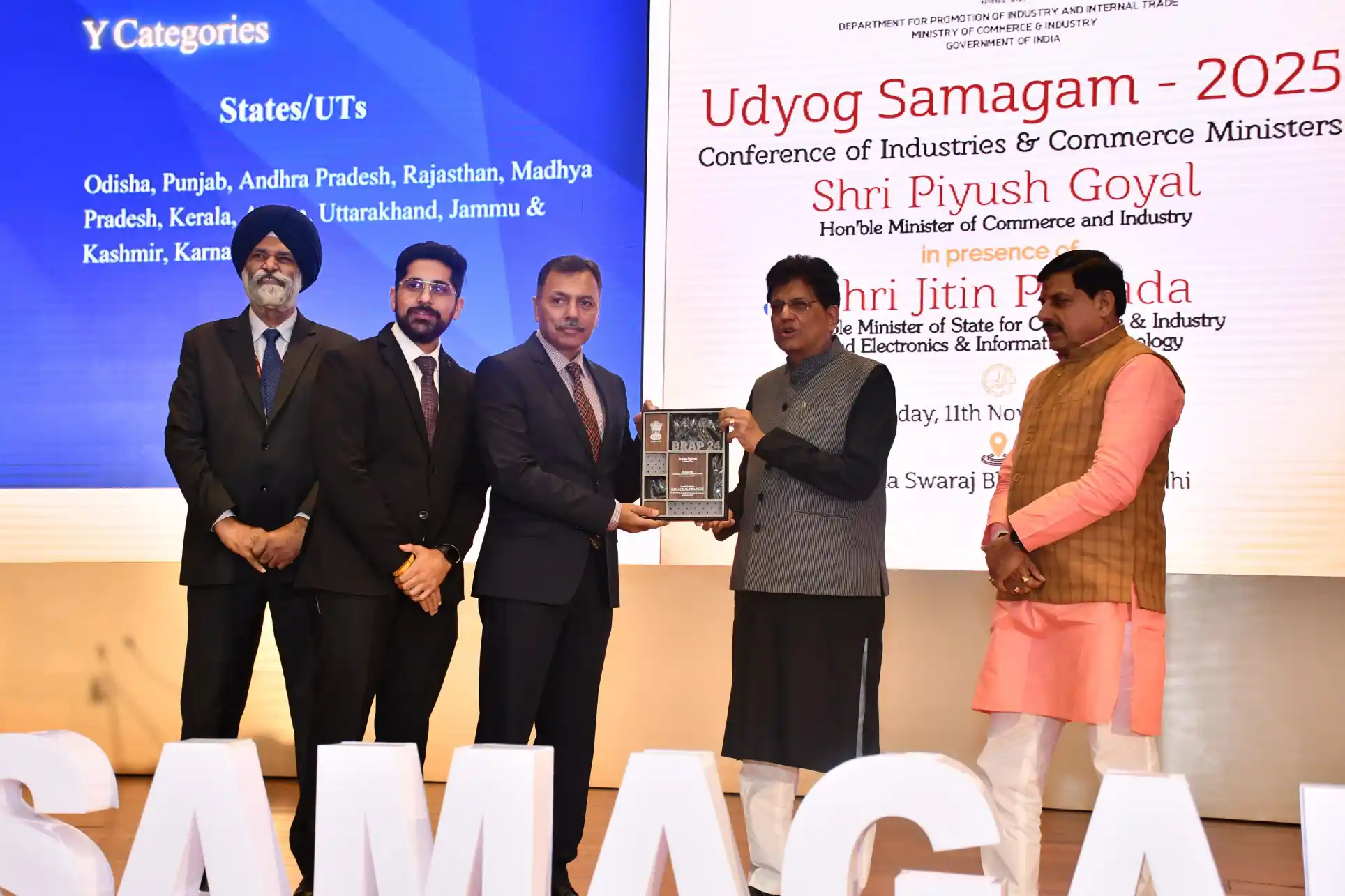Review: “भ्रमदोष”: Play Lost in Its Own Shadows
3 min read
Shimla,Nov 10 Ritanjali Hastir
Theatre Lab Chandigarh’s Hindi adaptation of Albert Camus’ “The Misunderstanding,” staged at Gaiety Theatre, Shimla (10 November 2025), promised psychological depth, moral tension, and emotional rupture — but ultimately struggled to deliver the cathartic impact it sought.
Albert Camus’ original work is rooted in tragic irony: a mother and daughter, unaware that they are killing their returning son, unleash a grief that collapses upon them too late. This emotional implosion — the unbearable recognition, the cry that shatters the human soul — is the axis on which the play turns. Unfortunately, this moment of catharsis never fully arrived in “भ्रमदोष.”
The mother’s performance, expected to carry the emotional weight of the tragedy, remained surprisingly muted. Her grief — instead of erupting with the rawness and spiritual collapse that Camus’ text demands — felt restrained, almost distant.
The pivotal moment where the audience should have felt the scream ripple across the theatre, the moment meant to tear open the psychological landscape, simply did not land.
The emotional registers were flat, the voice lacked the trembling agony, and the physicality did not reflect the shock of a woman realizing she has killed her own son.
Because of this, the progression to catharsis remained incomplete — an emotional plateau that the production never managed to scale.
Martha, who carries the second half of the tragedy, showed some promise in the way she attempted to navigate guilt and despair. A crucial emotional beat of the production was lost in the scene where Martha discovers the passport and finally learns that the man she has killed is her own brother. This moment, meant to be the highest point of shock, guilt, and psychological collapse, fell short. The lighting design failed to provide the visual clarity and dramatic emphasis required — the dim, unfocused illumination did not allow the audience to see her realization or feel the emotional rupture it was supposed to create.
As a result, the scene that should have shattered the atmosphere and deepened the tragedy remained muted, with the emotional impact slipping away unnoticed.
The son’s portrayal was adequate but lacked the emotional magnetism necessary to deepen the tragedy. His presence, particularly in scenes preceding the climax, felt functional rather than emotionally charged.
His wife, who begins with anxiety, unexpectedly loses emotional coherence toward the end. Her reaction on discovering her husband is missing — a moment meant to echo shock, horror, and dread — felt mechanically delivered, devoid of emotional surge.
While the script adaptation was handled with clarity, the pacing severely weakened the production. Slow transitions, and a general looseness of rhythm prevented the drama from tightening into the suffocating psychological space Camus envisioned.
Instead of rising toward a devastating climax, the production remained emotionally flat, leaving the audience intellectually engaged but not emotionally shaken.
“भ्रमदोष” had all the building blocks: a classic text, a capable director, committed actors, and a story that can resonate deeply with contemporary audiences.
Yet the absence of emotional crescendos — especially the mother’s failure to reach catharsis — left the staging feeling underwhelming.
Moments that should have shattered, dissolved; emotions that should have burned, barely glimmered.
Despite sincere effort, Theatre Lab Chandigarh’s “भ्रमदोष” remains a production of unrealized potential. The tragedy at the heart of the narrative needed a rawness, a brutality of emotion, and a spiritual collapse that never materialized.
The audience walked away thoughtful — but not devastated, not transformed, not shaken the way Camus intended.
A gripping story was told, but not felt. One may say it was “A Play Lost in Its Own Shadows”.






